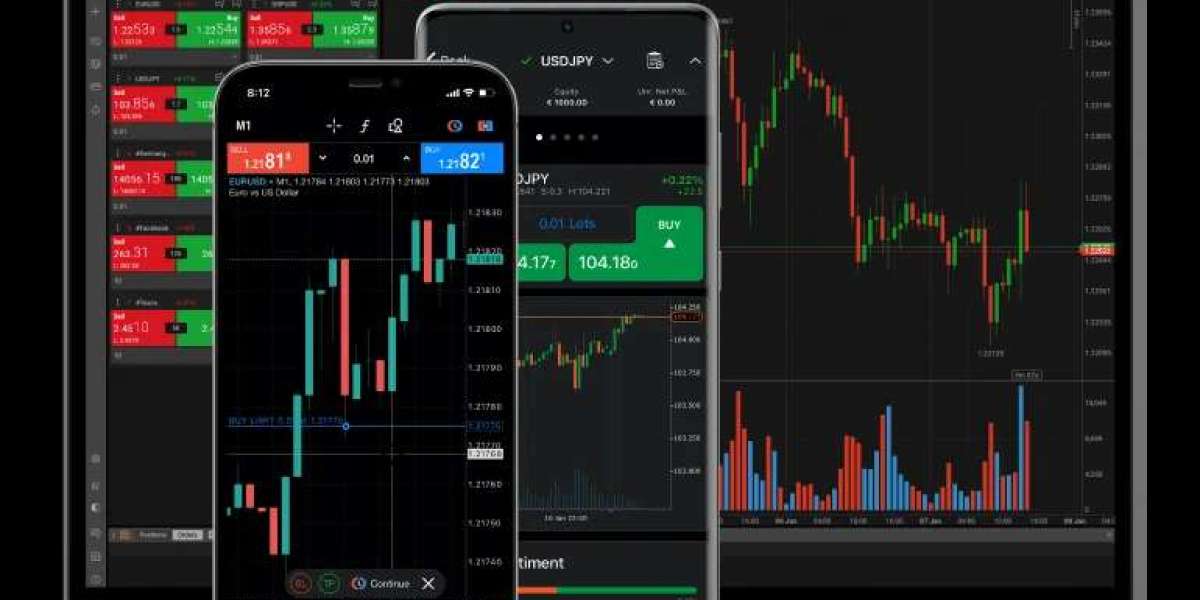Introduction
Accurate forecasting is the heartbeat of supply chain management (SCM). With businesses facing increasingly dynamic market conditions, achieving precision in demand and supply forecasting is essential to drive efficiency, reduce waste, and remain competitive. Enter machine learning (ML) and predictive analytics—two game-changing technologies revolutionizing how businesses approach forecast accuracy in SCM. Whether you're a student exploring the potential of advanced technologies or a professional navigating the challenges of supply chain optimization, this blog post aims to provide valuable insights into how these novel tools are shaping the landscape of SCM.
By leveraging vast amounts of data, machine learning and predictive analytics enable organizations to make smarter, data-driven decisions, drastically improving forecast reliability. More significantly, these technologies bring a blend of real-time adaptability and long-term strategic planning that traditional forecasting methods simply cannot match.
The Role of Machine Learning and Predictive Analytics in SCM
Forecasting in SCM relies on analyzing historical data and identifying patterns that can predict future trends. Traditional methods, while useful, often struggle with scenarios that involve nonlinear data, sudden demand shifts, or external disruptions. This is where machine learning excels.
Machine Learning in SCM
Machine learning employs sophisticated algorithms to analyze vast datasets, learning from historical trends and improving forecast accuracy over time. Here are some key advantages of applying ML in SCM forecasting:
- Handling Complex Data: ML processes structured and unstructured data, such as customer transactions, weather patterns, and social sentiment.
- Real-Time Adjustments: Unlike static models, ML models are adaptive and refine predictions as new data becomes available.
- Reduces Errors: ML identifies anomalies and minimizes the impact of outliers, leading to more precise forecasts.
- Scalability: Algorithms can handle growing datasets, accommodating the complexities of global supply chains.
Predictive Analytics in Action
Predictive analytics combines historical data with statistical techniques like regression models and time-series analysis to forecast future outcomes. When paired with ML, predictive analytics becomes even more powerful. Businesses leverage it for the following purposes in SCM:
- Demand Forecasting: Anticipating customer needs to optimize inventory and prevent overstocking or understocking.
- Supplier Performance: Predicting supplier reliability and delivery timelines to mitigate supply chain disruptions.
- Risk Mitigation: Identifying vulnerabilities and preparing for market volatility or unexpected events.
Success Stories and Real-World Applications
Case Study 1: Retail Giant Optimizes Inventory Management
A global retail chain faced recurring issues of excess inventory and stock outs, leading to missed revenue opportunities. By integrating ML algorithms into their forecasting systems, the retailer achieved a 20% improvement in forecast accuracy. This allowed them to maintain optimal inventory levels, enhance customer satisfaction, and cut holding costs.
Case Study 2: Automotive Manufacturer Streamlines Supply Chain Operations
An automotive manufacturer utilized predictive analytics to forecast demand for specific vehicle models and parts. The company improved production planning and supply chain efficiency by analyzing factors like economic indicators and seasonal trends, reducing lead times by 15%.
Case Study 3: AIMS Education Alumni Breakthrough
Multiple graduates from AIMS Education's "MBA in Logistics and Supply Chain Management Online" program have successfully implemented these technologies in their careers. For instance, one alumnus, now working with a Fortune 500 logistics provider, used the strategies learned at AIMS to spearhead a predictive analytics project that saved their company millions in operating costs.
Practical Applications in the Job Market
For professionals and students, understanding how ML and predictive analytics improve forecast accuracy in SCM unlocks numerous career opportunities. Here’s why these skills are essential in today’s job market:
- High Demand for Data-Driven Decision-Making
Companies need professionals proficient in analyzing and interpreting data to make strategic decisions. Career roles like Supply Chain Analyst, Operations Manager, and Data Scientist are on the rise—offering lucrative remuneration.
- Real-World Relevance
The knowledge gained from programs such as an MBA in Logistics and Supply Chain Management Online can be directly applied to real-world logistical challenges in industries like e-commerce, healthcare, and manufacturing, making an MBA Logistics and Supply Chain Management highly valuable for professionals aiming to excel in these dynamic sectors.
- Global Opportunities
The universal relevance of SCM ensures opportunities worldwide, and accreditation from institutions like AIMS boosts global mobility and credibility in the job market.
Frequently Asked Questions
Q1. What is the primary benefit of using machine learning in SCM forecasting?
Machine learning drastically improves accuracy by analyzing large, complex datasets and adapting to changes in real time.
Q2. Why are SCM professionals adopting predictive analytics?
Predictive analytics enables proactive decision-making by identifying trends, mitigating risks, and optimizing logistics processes.
Q3. How does AIMS Education support students and professionals in SCM?
AIMS offers globally accredited programs, such as its MBA in Logistics and Supply Chain Management Online, that equip learners with knowledge of advanced tools, practical applications, and industry best practices.
Q4. Can predictive analytics handle unexpected disruptions?
Yes, predictive analytics, especially when integrated with ML, assesses real-time data to adjust forecasts and provide actionable solutions during disruptions.
Q5. What is supplier relationship management, and how does it relate to SCM?
Supplier relationship management, detailed in What is Supplier Relationship Management, is critical for maintaining strong supplier partnerships and ensuring smooth operations in the supply chain.
Final Thoughts
Improving forecast accuracy in SCM isn’t just about keeping up with trends—it’s about creating resilient, efficient, and competitive supply chains that can adapt to any market condition. Machine learning and predictive analytics pave the way for such progress, offering reliable and actionable insights that traditional methods can't match.
For students and professionals looking to pioneer innovations in SCM, enrolling in programs like MBA in Logistics and Supply Chain Management Online provides the knowledge, tools, and global certification to thrive in this dynamic field. Start your learning journey today to drive your career forward while contributing to advancements in the supply chain landscape!








